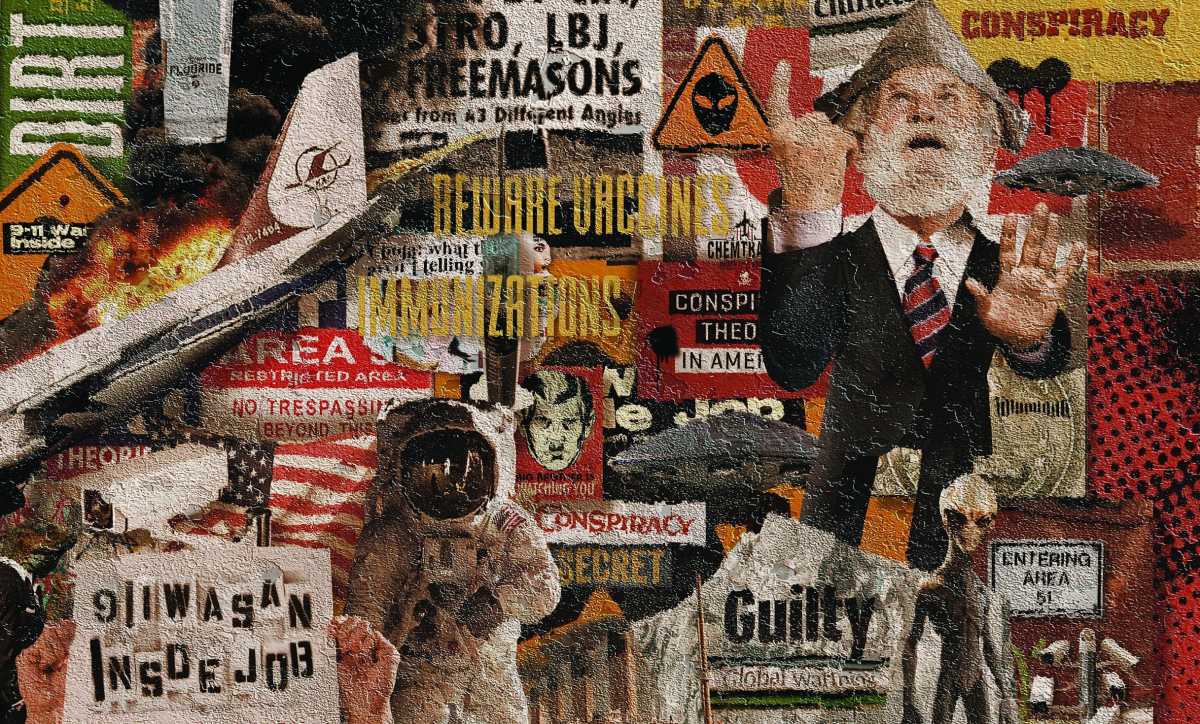Opinion
The Influence of Fiction in the Age of Conspiracy Theories

The release of the movie Leave the World Behind, produced by Barack and Michelle Obama through their company Higher Ground Productions, has sparked discussions online regarding its perceived prescient themes.
The film’s director, Sam Esmail, has clarified that any conspiracy theories linking the movie to real-life events are unfounded, stating that the script was developed independently of any political signaling.
Despite this, online speculations have persisted, with recent tech glitches such as the Facebook outage fueling theories of predictive programming similar to what was seen in Leave the World Behind.
Conspiracy theories have also been circulating around another upcoming film, Civil War, directed by Alex Garland, with some worrying about the movie becoming a propaganda tool.
This focus on fictional works as potential warnings reflects a broader trend of skepticism and paranoia in today’s society, exemplified by long-standing theories like the one seeking to link Stanley Kubrick to a fake moon landing with NASA.
As society grapples with various real-world challenges, the impact of fiction on the collective psyche remains a subject of ongoing debate, highlighting the blurred lines between storytelling and conspiracy.
While some may see comfort in dismissing these theories as mere fantasies, the persistence of such narratives underscores a deeper cultural anxiety that extends beyond entertainment.
Ultimately, the reaction to works like Leave the World Behind and Civil War serves as a reflection of the current political climate, where uncertainty and distrust are pervasive.












